You’re Not JUST A ...
You’re not JUST a ...
A long time ago before I studied medicine, before even biomedicine, I used to volunteer in hospital. It was scary at first; most teenagers are out there having a life, meanwhile you’re wandering around on wards. At first, I was worried I would get in the way. I mean, important stuff happens in hospital, right? There are lots of busy doctors and nurses rushing around and doing important things. Things that actually matter to patient care. I didn’t want to get in their way. I was even worried I’d trip up an important cable or get in the way of a ward round or something! As volunteers we could do all sorts of little jobs that other people weren’t being paid to do. We would go around with the library trolley or shop trolley. Or help re-stock gloves, hand gel and things like that on the wards. We directed lost visitors around the site. We helped with lunches. If you were unlucky, you’d be asked to do something less exciting like stuff envelopes. But sometimes, after a tiring week of revision, it was actually a nice break. I challenged myself to be as efficient at the repetitive tasks as I could be; they usually ran out of tasks sooner than expected! Pretty often, we got to chat with patients, which I really enjoyed. I got to know a lot of the ward sisters, and all the staff were really welcoming and pleasant. I had little interaction with the doctors, though they were always polite and friendly when I was selling the poor juniors snacks from the shop trolley, which must have been a lifesaver in itself! I didn’t interact with the medical students. It never occurred to me to ask them questions about medicine; the mere thought of approaching anybody who was somebody was terrifying. I didn’t think what I did was meaningless, but I did feel it wasn’t that special. It was just all I could do at the time. And that was enough for me. When I was a student, I still felt like an outsider in hospital. It takes all your guts to wander into a strange ward or an operating theatre armed with nothing more than your ID badge and a clinical handbook of medicine, and say ‘I’m… I’m the medical student?’ when they ask you who you are. To which they usually reply ‘Eh? I thought they were coming next week…’. I can’t count the number of times I uttered the words ‘I’m just a medical student’. Because I couldn’t diagnose or treat or prescribe, it was easy to sometimes feel that whilst we were learning, we weren’t really doing anything to help. I remember our doctor tutors frequently telling us ‘you’re not just a medical student.’. It was pretty nice that they cared, but it didn’t stop us apologising constantly. It’s not that easy to change how you feel, after all. At some point, I resolved to stop using those words. And if I remember correctly, I mostly succeeded. But I only really gave them up when I had to: when those things actually became my job. The further along we got, the more we wanted to learn how to do everything, and the more we devoted ourselves to mopping up any jobs we could help with. I loved to devote time to talking to patients; I couldn’t ‘clerk’ as a student without being drawn into long rambling conversations. I didn’t feel as invisible as when I was a volunteer, but you feel so constrained by what you can’t do that it’s still easy to overlook what you can. Especially when you first start on the wards. But now, as a doctor, I can really appreciate that what I did back then wasn’t really insignificant at all. Not by a long shot. Because now, more than ever, I have to rely on every other person to do all the things I can’t do. Back when I was doing these things, I thought they weren’t that important because anyone can do them. Now I realise that although anyone can do them, most people in hospital can’t. Because there are so many other things that need doing. So many. When there aren’t gloves anywhere, and there is no hand gel in any of the dispensers, it makes doing my job safely that little bit harder. When the proformas aren’t in place or cupboards aren’t stocked or the ward is a mess, life is a little harder. When the OR isn’t cleaned, it takes longer for the next operation to happen. When my patients are lonely, it makes their stay in hospital more painful than it should be. When there’s nobody there who can do bloods or a cannula or even just fill out some blood forms, we can become swamped in lots of little tasks. Add all these little things up, and you’ve got some pretty stressed doctors and nurses! To anybody out there who feels insignificant because they’re ‘just’ helping with the little tasks; thank you. We couldn’t do it without you.
More Posts from Tonimichelleluttrell and Others
“People who truly love us can be divided into two categories: those who understand us, and those who forgive us our worst sins. Rarely do you find someone capable of both.”
—
Jonathan Carroll
(via purplebuddhaquotes)
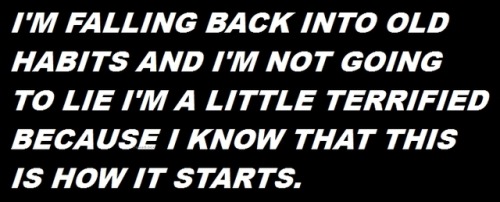
Habits - 10/07/17 12:29am
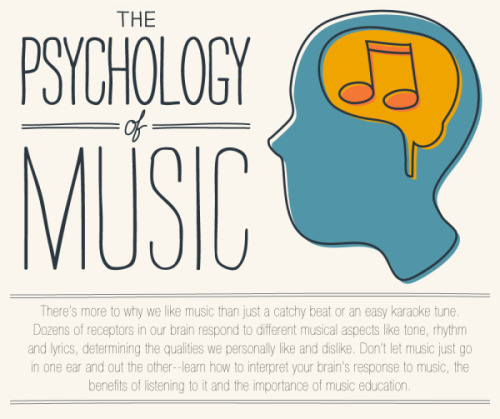
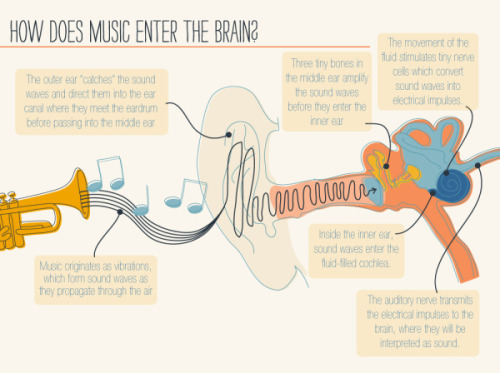
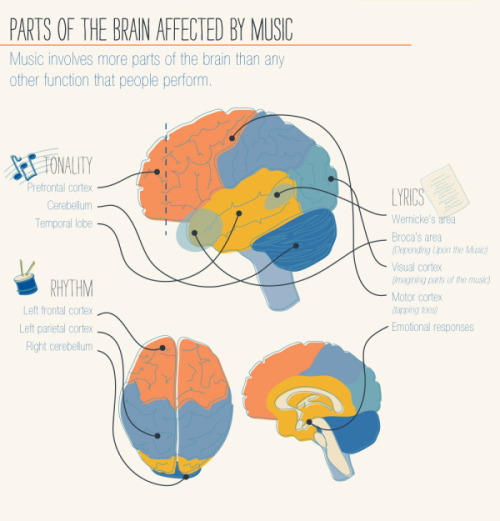
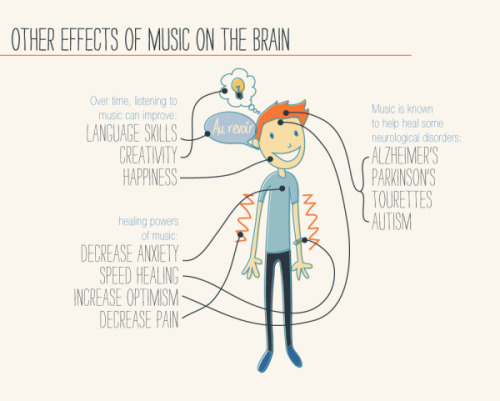
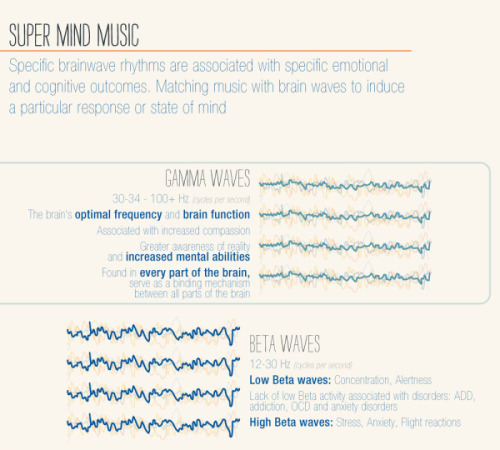
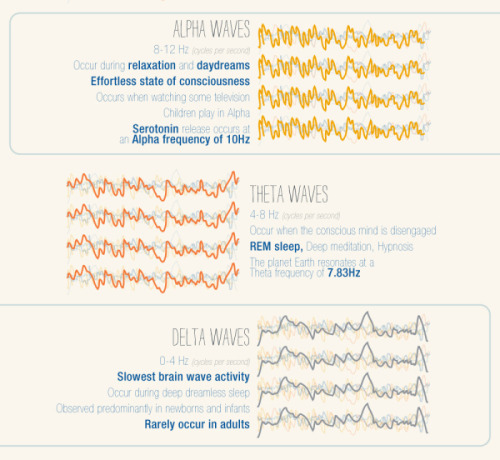
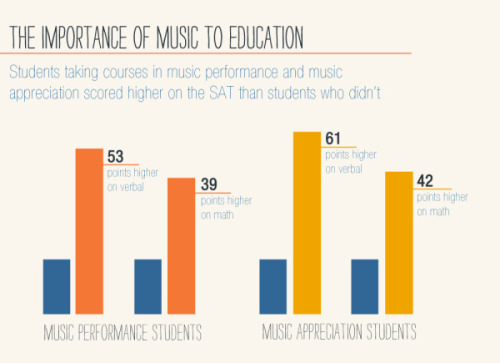
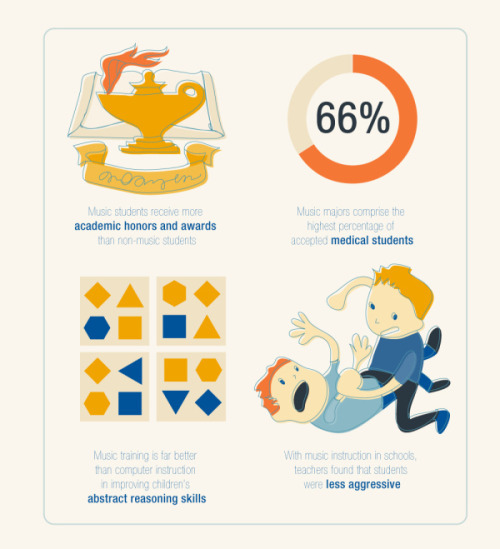
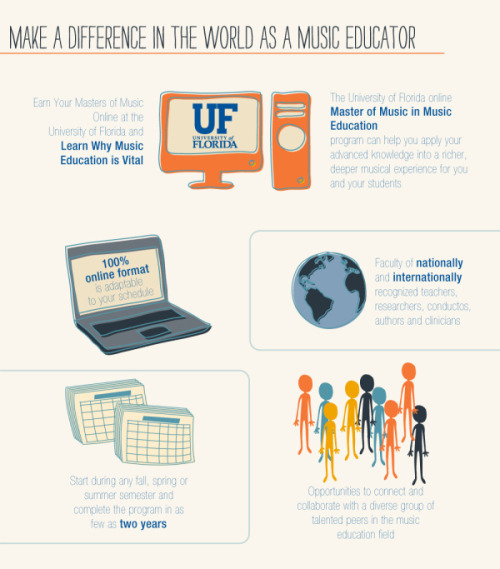
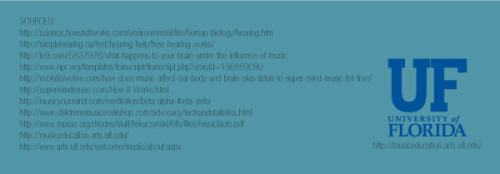
For more posts like these, go to @mypsychology









Mindfulness has been proven to have many personal and professional benefits, including discipline, tolerance, calmness, and mental clarity. In a professional sense, mindful thinking and practice has been proven to lead to better productivity and workplace satisfaction. Our Mindfulness program, presented in partnership with the Factor-Inwentash Faculty of Social Work, provides a secularized approach to the traditional Buddhist practice. Designed in such a way that it can be applied to many different areas of professional and personal life, our courses are taught by instructors who have a wide range and depth of experience in a variety of disciplines.
The professional Tai Chi Swords on: http://www.icnbuys.com/tai-chi-swords.

at Liberty, Kentucky










Motivational LIfe Quotes

Princess Sophie of Prussia and Victoria (‘Vicky’), Crown Princess of Prussia, 1874
“Childhood ought to be such a happy time, it never returns. I remember what a coward I was as a child over all and everything except the water. I think I had a fairly good nerve when I grew up because my Papa was so kind and patient, and I felt that when he was near nothing could happen to me. If he had scolded and shaken or forced me, I should have been nervous and terrified of him as well. Papa always said he could not bear to think of his childhood, he had been so unhappy and miserable, and had many a time wished himself out of this world.
I always think we grown-up people ought to be so careful how we exact obedience from our children. Obedience that is not cheerful or willing only ruins the character. All that nonsense of ‘breaking the will’ is now recognised as making children vicious and false and sly. Training a child’s will so that it may trust willingly to the guidance of its elders, and believe in their protection, has obtained far happier results than enforcing a dogged obedience, as the child is not convinced that it is wrong but only dreads the consequences of displeasing its elders. But all this we only realise when we are older and have seen something of the world and of character and of childhood.
For all these reasons I am so much for the 'Kinder Garten’, and against the dreadful old system of 'infant schools’, where poor little things were chiefly instructed to sit still and obey like little machines or tiny recruits, which is so utterly the reverse of a child’s nature, that wants constant movement and change and liberty, as well as love and kindness, to grow like a young plant in the sunshine.”
- Vicky
"In order to move on, you must understand how you felt, and why you felt it." Mitch Albom

You know-- that one!!!!

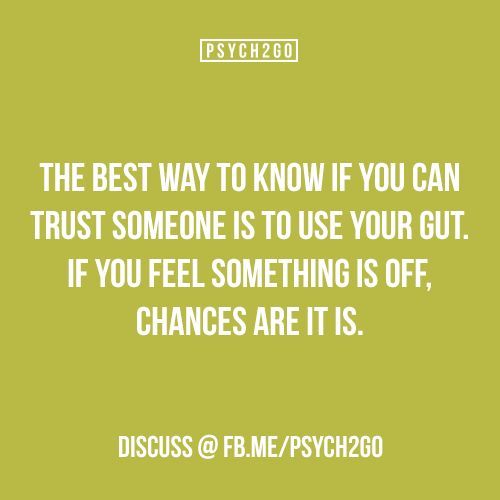
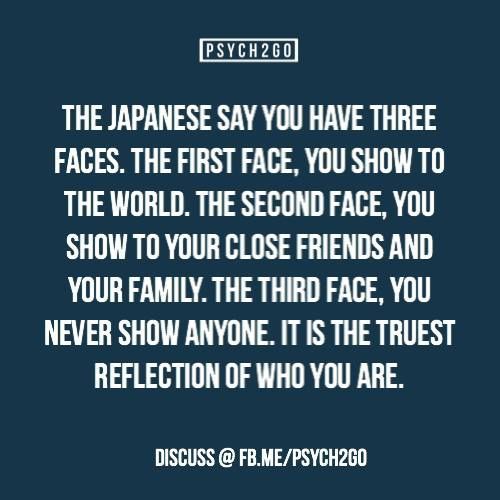
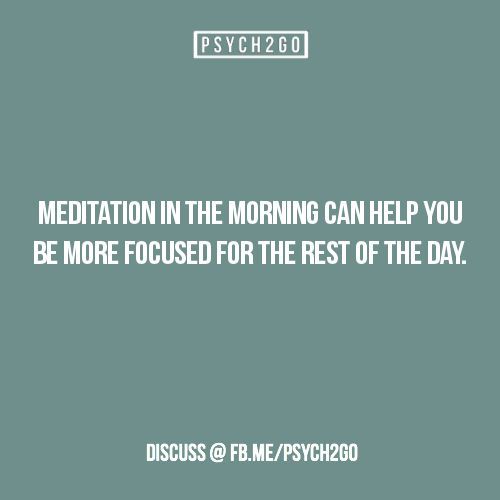
✨ Follow @psych2go for more! ✨
✧ Check out our website here ✧
-
 heymaikahey liked this · 2 years ago
heymaikahey liked this · 2 years ago -
 istandonoceans reblogged this · 2 years ago
istandonoceans reblogged this · 2 years ago -
 dmedstudies liked this · 3 years ago
dmedstudies liked this · 3 years ago -
 ughidkwhattoputasmyurl reblogged this · 4 years ago
ughidkwhattoputasmyurl reblogged this · 4 years ago -
 medboardreview reblogged this · 5 years ago
medboardreview reblogged this · 5 years ago -
 mytherapistisunavailable liked this · 5 years ago
mytherapistisunavailable liked this · 5 years ago -
 petitepancakes liked this · 5 years ago
petitepancakes liked this · 5 years ago -
 gaybvck liked this · 5 years ago
gaybvck liked this · 5 years ago -
 earthyartist liked this · 5 years ago
earthyartist liked this · 5 years ago -
 ley-med liked this · 5 years ago
ley-med liked this · 5 years ago -
 notveryrealme liked this · 6 years ago
notveryrealme liked this · 6 years ago -
 non-muggle-pottery reblogged this · 6 years ago
non-muggle-pottery reblogged this · 6 years ago -
 usernamehere30 liked this · 6 years ago
usernamehere30 liked this · 6 years ago -
 lostinwishinq liked this · 6 years ago
lostinwishinq liked this · 6 years ago -
 dontyoupushme liked this · 6 years ago
dontyoupushme liked this · 6 years ago -
 persnicketyscribe liked this · 6 years ago
persnicketyscribe liked this · 6 years ago -
 pvnk-kitty liked this · 6 years ago
pvnk-kitty liked this · 6 years ago -
 jeymien liked this · 6 years ago
jeymien liked this · 6 years ago -
 manchair reblogged this · 6 years ago
manchair reblogged this · 6 years ago -
 manchair liked this · 6 years ago
manchair liked this · 6 years ago -
 moonflowergirl liked this · 6 years ago
moonflowergirl liked this · 6 years ago -
 okaysoisthismystudyblr reblogged this · 6 years ago
okaysoisthismystudyblr reblogged this · 6 years ago -
 radioactivepigeons liked this · 6 years ago
radioactivepigeons liked this · 6 years ago -
 dasmith97 reblogged this · 6 years ago
dasmith97 reblogged this · 6 years ago -
 dasmith97 liked this · 6 years ago
dasmith97 liked this · 6 years ago -
 letterstokook liked this · 6 years ago
letterstokook liked this · 6 years ago -
 galacticaglaivesurprise liked this · 6 years ago
galacticaglaivesurprise liked this · 6 years ago -
 the1timetraveller liked this · 6 years ago
the1timetraveller liked this · 6 years ago -
 dxmedstudent reblogged this · 6 years ago
dxmedstudent reblogged this · 6 years ago -
 tonimichelleluttrell reblogged this · 6 years ago
tonimichelleluttrell reblogged this · 6 years ago -
 tonimichelleluttrell liked this · 6 years ago
tonimichelleluttrell liked this · 6 years ago -
 diet-cola liked this · 6 years ago
diet-cola liked this · 6 years ago -
 afifahlist reblogged this · 6 years ago
afifahlist reblogged this · 6 years ago -
 afifahlist liked this · 6 years ago
afifahlist liked this · 6 years ago -
 humani-tea reblogged this · 6 years ago
humani-tea reblogged this · 6 years ago -
 purpleblondiegirl-blog liked this · 6 years ago
purpleblondiegirl-blog liked this · 6 years ago -
 wall87311 liked this · 6 years ago
wall87311 liked this · 6 years ago -
 mdattic reblogged this · 6 years ago
mdattic reblogged this · 6 years ago
